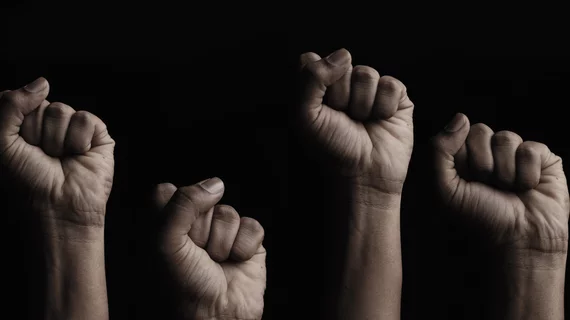Physicians go on strike after violent attack of veteran cardiologist
P.K. Ashokan, a senior cardiologist with Fathima Hospital in Kerala, India, was brutally beaten on March 4. The attackers broke his nose and dislodged some of his teeth.
The attackers have been identified and are now under investigation; they reportedly attacked Ashokan because he was caring for one of the attacker’s children, who died soon after birth.
The Times of India has covered the incident at length, noting that many doctors in the surrounding area went on strike on May 7 to protest the incident. The planned protest was a complete boycott of outpatient care. Hundreds of physicians, including many cardiologists, took the streets to increase public awareness about the rise of physician violence. The group marched from Fathima Hospital to the office of the area’s police chief before concluding in front of a public library.
Both the Cardiology Society of India – Kerala Chapter and the Interventional Cardiology Council of Kerala (ICCK) issued statements to the media about the increasing number of attacks on physicians in the area. This has been an issue throughout India for quite some time; according to the ICCK, there were 137 such attacks on physicians in 2022 alone.
Read the full story from The Times of India at the link below:

